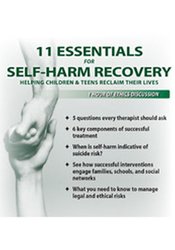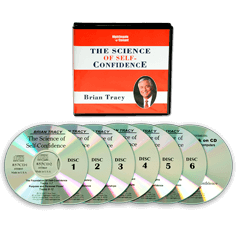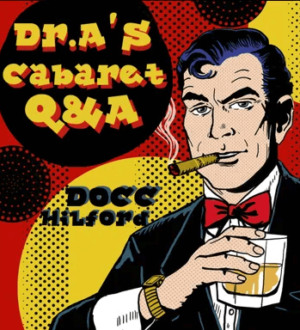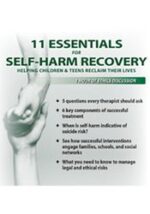Throughout the recording, we will investigate the underlying motivations behind self-harm behaviors, identifying complications related to trauma and/or body image issues.
Tony L. Sheppard – 11 Essentials for Self-Harm Recovery
Defining Non-Suicidal Self-Injury (NSSI)
Conceptualizing the Problem
Primary motivations
Controlling external/internal environment
Impacts on various settings
Neuropsychology of NSSI
NSSI and trauma
Assessing the Problem
NSSI and suicide
Statistics
Differential diagnosis
Clinical assessment/screening
Formal assessment tools
5 questions every therapist should ask during assessment
Treating the Problem
Multi-systemic approach
Engaging families, school, peers, social media
Determining who needs to know/how much they need to know
Working with parents
The role of the school
The role of peers
Social media
Replacement behaviors
Using the stages of change/MI model in treatment
Assessing readiness
Gauging interventions
Sustaining and maintaining recovery
6 key components of therapeutic intervention
Developing distraction strategies
Building coping skills
Enhancing self-esteem and self-acceptance
Improving relationships and relational skills
Addressing Trauma (“big T” and “little t”)
Developing problem-solving skills
The role of adjunctive therapies
Legal & Ethical Issues
Assessing properly is key
Screening for NSSI at intake
Documentation/diagnosis
Treatment planning
Reporting
Schools tend to have stricter reporting rules than mental health settings
Factors in reporting
Involving other professionals
Balancing the clinical and the legal
Integration of Learning
Group treatment planning activity
Would you like to receive Tony L. Sheppard – 11 Essentials for Self-Harm Recovery ?
Description:
Working with Clients who Self-Injure Raises Many Questions:
How does it differ from suicide?
Do I have to report it?
What do I tell parents?
What is the role of the school?
Does social media hurt or help?
Is hospitalization required for kids to improve?
In this recording, Dr. Tony Sheppard answers these questions and more as he guides you through a multisystemic approach to assessment and treatment of non-suicidal self-injury. This recording focuses not only on risk assessment, but also provides a practical guide to working effectively with clients — covering simple assessment and management of self-injury as well as more significant care, such as residential treatment and management of multiple self-harm behaviors. Several interventions will be examined in-depth, including motivational interviewing; cognitive treatment; replacement skills; and adjunctive family, group, and psychiatric therapies.
Throughout the recording, we will investigate the underlying motivations behind self-harm behaviors, identifying complications related to trauma and/or body image issues. By the end of the recording, you will feel confident in your ability to match interventions to individual clients (stepping up or increasing treatment as necessary), while preventing and responding to potential treatment pitfalls and legal/ethical issues.








